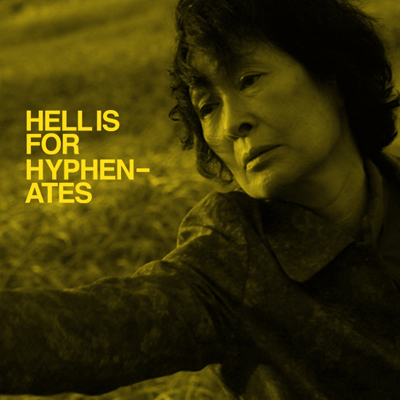Abe Forsythe joins us to talk the films of Bong Joon-ho!
Rochelle and Lee look over some of the films they’ve seen this month, including Star Wars prequel Solo (00:40), Jason Reitman and Diablo Cody third collaboration Tully (06:07), serial killer biopic My Friend Dahmer (11:32), and Australian coming-of-age surf movie Breath (15:29).
Actor/writer/director Abe Forsythe joins us to talk about the challenges of making a local film for an international audience. After two very local films - the Ned Kelly comedy Ned (2003) and the Cronulla riots comedy Down Under (2016) - Abe has just wrapped production on zombie comedy Little Monsters, starring Oscar winner Lupita Nyong’o and originating Book of Mormon cast member Josh Gad, which has an undeniably broader built-in appeal. Abe talks about the different challenges of making films for wider audiences, and looks at the type of films Australia should consider making. (20:00)
Then, Abe takes us through the career and works of his filmmaker of the month, Bong Joon-ho! Bong is one of South Korea’s most popular filmmakers, making everything from monster movies like The Host to dramatic thrillers like Memories of Murder and Mother. In recent years he’s become an even bigger name, directing dystopian action film Snowpiercer and dramatic science fiction Okja. He’s an unconventional director with a unique eye, and his films are always infused with a real heart. Abe tells us which films got him hooked, why they mean so much to him, and the effect Bong’s films have had on his own. (32:39)
Podcast: Play in new window | Download
Subscribe: RSS


Forsythe On Bong: click to read this episode's show notes!
Plus this episode's announcement and the Bong Joon-ho Cheat Sheet.
I usually bite my tongue – especially when the politics of film are talked about,
but anyway there’s a couple of things from your most recent podcast – which I might say I’ve been listening to from the beginning – that I took particular umbrage to
Despite not being a particular fan of Breath – all real drama happened off the screen – and not a particular fan of films based on Tim Winton, (he just doesn’t do endings) – I would like to point you to any thing Mr Winton has said about what he is trying to do. You said he isn’t the great middle class writer – well no, because he is seen as someone who writes about the working class experience – he claims that for himself! You should check out his essay THE C WORD in the monthly from a few years back, or him on the podcast BIG IDEAS series about class.
Now why does this matter? Well, a few things, but specifically in regards to Abe’s thoughts on the film industry and why don’t people want to watch them. This goes directly to the diversity of people who are allowed to tell stories in Australia – there is a denial of the working class and them having access to story telling. Ironically the 30 percent of the population that decide what is made and try to control public taste seem quite interested in telling stories about the working class – Abe (lovely fellow that he is) is a prime example of this – and tell the working class how bogan they are. It is very interesting to me that in the whole debate about who gets access to telling stories – about diversity – class never gets a mention. Why does this matter? Well, I would argue that the value system of the working class is completely at odds with the value system of the top 30% who both make and criticise the films that are nominally Australian. I was one of the directors on UNDERBELLY, the value system of that is completely at odds with the Bondi/St Kilda world view – I rest my case.